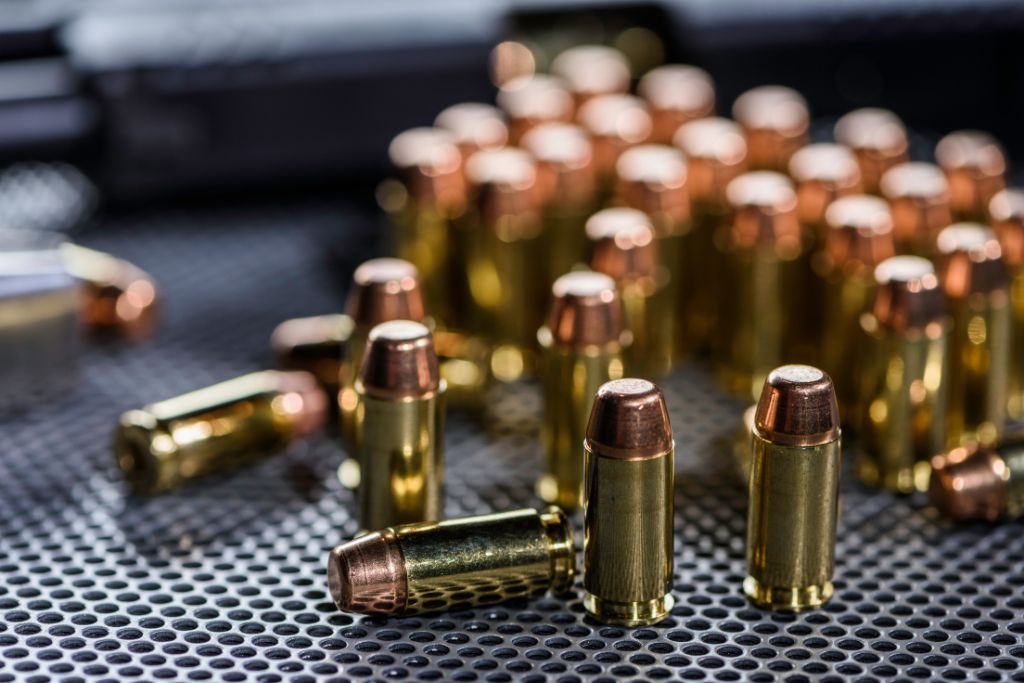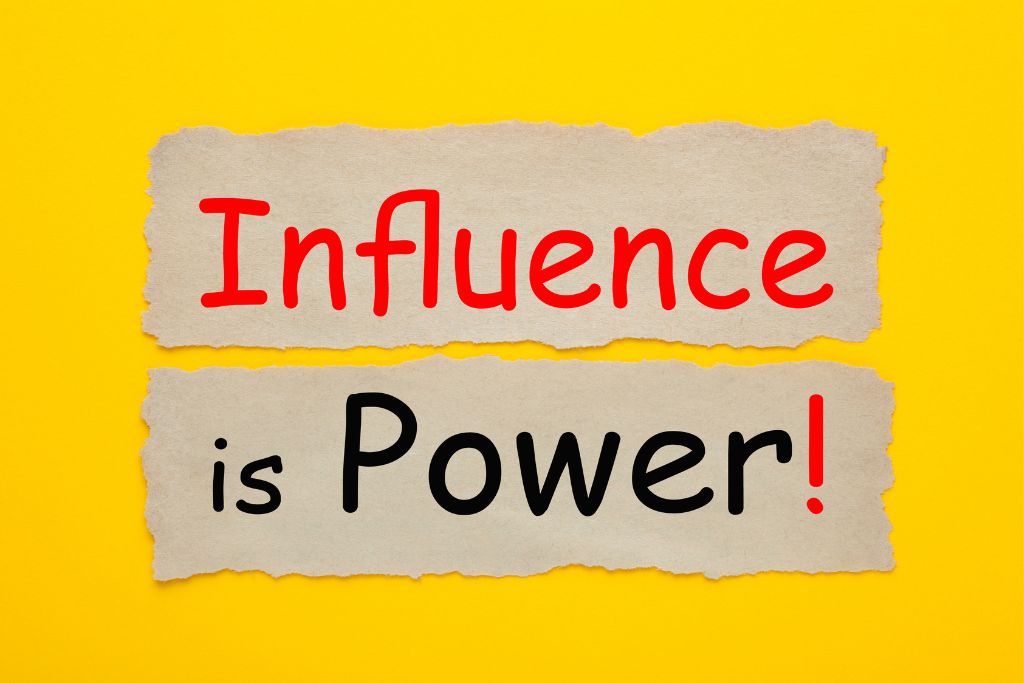The Supreme Court of Brazil has just decided that the government can restrict the sale of firearms. This is important because of the recent shootings in Rio de Janeiro and Brasilia that killed a lot of people. Since the Brazilian government has been accused of a lack of transparency in dealing with these incidents, a restriction on gun sales seems like a step in the right direction.
Ammunition is now available to gun owners in rural Brazil
Brazil’s President Jair Bolsonaro has signed a decree easing gun control restrictions, opening up access to more ammunition for gun owners in rural areas. He also increased the ammunition limit for hunters and collectors from 50 cartridges per year to between 1,000 and 5,000.
The Brazilian government is currently considering several gun laws, including one that would raise the mandatory minimum for illegal possession of weapons. Bolsonaro believes that arming citizens will decrease crime. However, critics say that the new regulations will increase the chances of gun-related crimes.

In order to obtain a gun permit, you must have legal employment, have psychological fitness, and present an approved reason for owning a firearm. This requirement has caused many people to opt out of the process.
Gun enthusiasts in Brazil have started to mimic the gun-loving culture of the United States. They say that the United States has strict gun controls and that there are too few trained law enforcement officers in Brazil.
bolsonaro’s political influence of religiously motivated forces
In his presidential campaign, Bolsonaro has tapped into religiously motivated forces. His supporters, many of them evangelical Catholics, have fueled a political movement that has moved the Amazon rainforest into the sphere of politics. The resulting political power owes more to contemporary forms of illiberalism than to any historical precedents.
Bolsonaro’s political project offers a radical moral justification. He claims that freedom is not based on reason, but rather on a notion of freedom without responsibility. Unlike Hobbes’ political philosophy, which holds that the commonwealth gives up its right to govern itself, Bolsonaro’s version of freedom is dependent on fragmentation.

In addition to a promise of freedom, Bolsonaro promises to protect his followers from any backlash. He has even pardoned his followers’ hostility towards indigenous populations. Yet, the moral justification of this claim remains a mystery.
In this article, we explore how and why Bolsonaro’s political project fails to make sense. Rather than relying on reason, his approach relies on bad ethics.
Rio de Janeiro’s ban on gun carrying
The Brazilian ban on carrying guns in public places is a reaction to recent political violence. But it could be the beginning of a movement against gun sales and possession. It may even be a launchpad for similar campaigns in the United States.
Brazil ranks second in the world in terms of gun deaths. In fact, its murder rate in 2020 was over 22 killings per 100,000 inhabitants.

Gun violence in Rio de Janeiro has been a source of panic among residents. Major highways have been shut down, and many people fear for their lives. This is a stark reminder of the dangers of firearms in an era of drug trafficking and street crime.
The upcoming referendum will ask the Brazilian public whether they want to ban the sale of weapons. While some politicians have made the case that the ban would help prevent violence, others have argued that it would give criminals greater power and make it harder for ordinary people to protect themselves.
bolsonaro’s racist, misogynistic and disparaging remarks toward women, indigenous and Afro-Brazilians
Jair Bolsonaro, the elected president of Brazil, has made a series of racist, misogynistic, and disparaging remarks towards women, indigenous people, and Afro-Brazilians. The country’s president is also accused of illegally instrumentalizing state agencies and has participated in protests against those who criticize him.
In the first two years of his presidency, Bolsonaro failed to end corruption in Brazil. He has also been critical of the country’s democratic institutions. His efforts to implement his political agenda have been limited by the judiciary and courts.
The Brazilian party system is characterized by polarization and fragmentation. This has contributed to the deterioration of the quality of the country’s democracy. As a result, critical journalists and citizens have faced significant challenges.

The Supreme Court has repeatedly overturned Bolsonaro’s political decisions. They have also declared unconstitutional some of his measures. Meanwhile, he has failed to form a governing coalition.
He has also refused to enlist the help of social groups and individuals in implementing his policies. Bolsonaro supporters have launched hate campaigns on social media. Many of them attack people who are critical of the government.
